
- This event has passed.
ParadigMS 9th Belgian Symposium 2024
March 28 @ 17:30 – 22:30
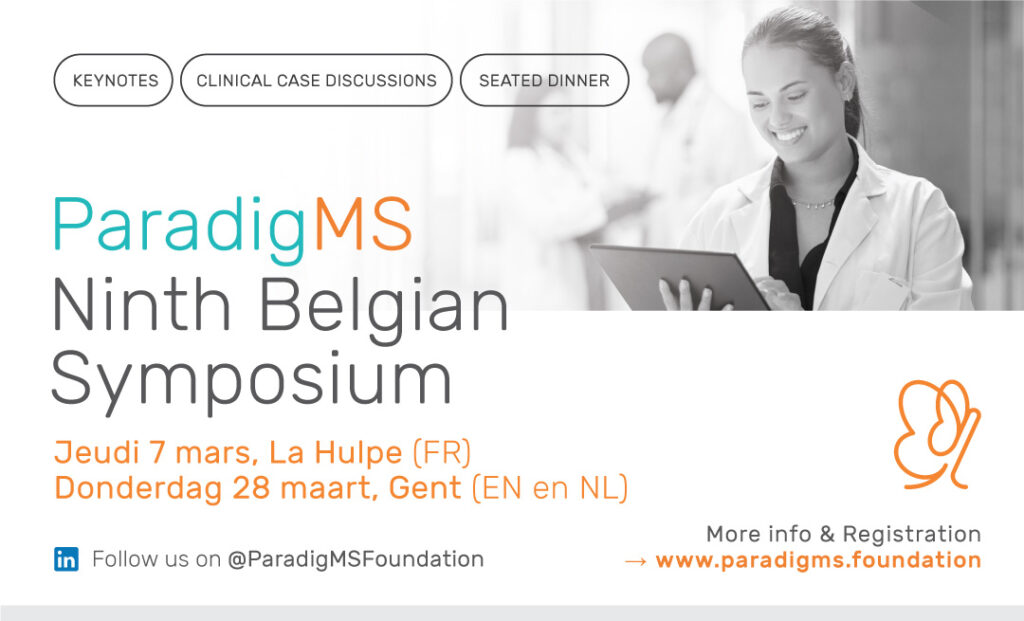
ParadigMS Ninth Belgian Symposium promises to be a clinically relevant learning experience, set against the backdrop of a friendly dinner environment. The event will feature engaging keynotes and clinical case discussions, providing a unique opportunity for insightful dialogue and professional growth.
Prof. Romain Marignier will share expertise on
‘Differential Diagnosis in Multiple Sclerosis, NMO-SD, and MOGAD’
offering valuable insights that promise to enrich your understanding of these conditions.
Additionally, distinguished clinical biologists, Mrs. Laurence Lutteri from CHU Liège and Dr. Matthijs Oyaert from UZ Gent, will present the various diagnostic tests available for MS, NMO-SD, and MOGAD.
Mrs. Lutteri will lead the lecture titled ‘Advances in Clinical Techniques for CNS Inflammatory Diseases‘ in La Hulpe, and Dr. Oyaert will lead the lecture titled ‘Antibodies in Focus: Advancements in Diagnosing NMO and MOG-related CNS Disorders‘ in Ghent. Their presentations will draw from their extensive hospital experiences, providing a comprehensive overview of the current diagnostic landscape.
Our Symposium is helmed by Prof. Bart Van Wijmeersch from UHasselt as the Symposium Chair. Prof. Dominique Dive from CHU Liège and Prof. Guy Laureys from UZ Gent serve as our esteemed Programme Chairs, facilitating the clinical case discussions. These discussions, thoughtfully introduced and moderated, will unfold at each table, allowing for dynamic interaction and collaborative exploration of challenging cases.
- Programme
- Speakers and abstracts
- Sponsors
| March 7th, La Hulpe | March 28th, Ghent | |
| 17:45 – 19:00 | Registration and welcome drinks. Networking | Registration and welcome drinks. Networking |
| 18:15 – 18:45 | Sponsored break-out Alexion | Sponsored break-out Alexion |
| 19:00 – 19:45 | Welcome by Mr. Stefaan De Corte, ParadigMS Manager and by Programme Chair, Prof. Dominique Dive (CHU Liège) & Main lecture on Differential Diagnosis in MS, NMO-SD and MOGAD by Prof. Romain Marignier (CHU Lyon) | Welcome by Symposium Chair, Prof. Bart Van Wijmeersch and Programme Chair, Prof. Guy Laureys (UZGent) & Main lecture on Differential Diagnosis in MS, NMO-SD and MOGAD by Prof. Romain Marignier (CHU Lyon) |
| 19:45 – 20:10 | First course. Clinical case discussions. | First course. Clinical case discussions. |
| 20:10 – 20:40 | Lecture on Advances in Clinical Techniques for CNS Inflammatory Diseases by Dr. Laurence Lutteri (CHU Liège) & Introduction to clinical cases by the Programme Chair and case presenters | Lecture on Antibodies in Focus: Advancements in Diagnosing NMO and MOG-related CNS Disorders by Dr. Matthijs Oyaert (UZGent) & Introduction to clinical cases by the Programme Chair and case presenters |
| 20:40 – 21:15 | Main course. Facilitated case presentations and discussions. | Main course. Facilitated case presentations and discussions. |
| 21:15 – 21:45 | Continued clinical case discussion. Conclusions by Programme Chairs | Continued clinical case discussion. Conclusions by Programme Chairs |
| 21:45 – 22:30 | Dessert. Networking | Dessert. Networking |
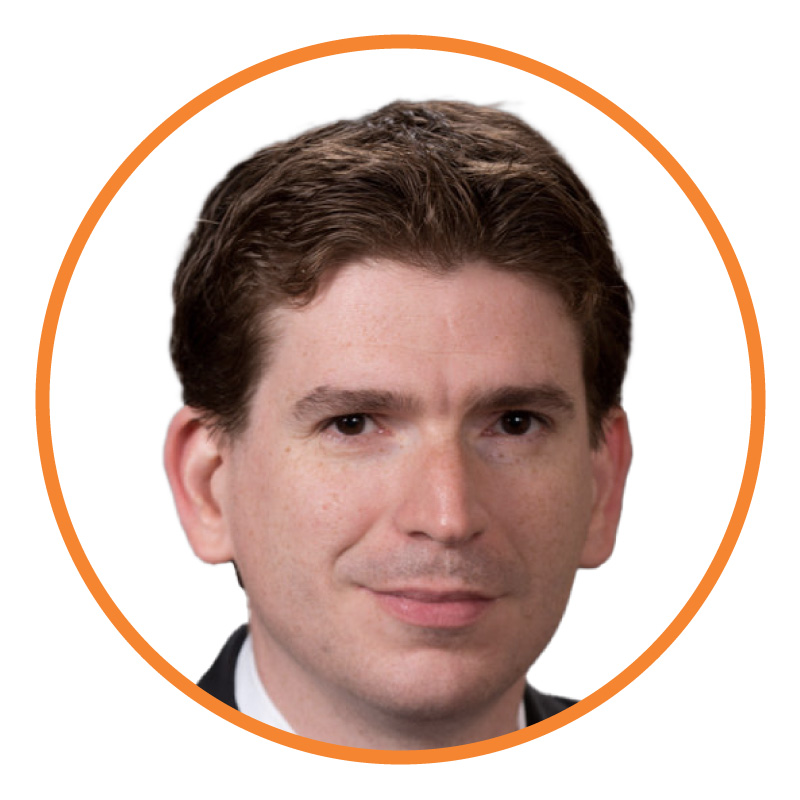
Prof. Romain MARIGNIER – MD, PhD
Pr. Romain Marignier is a neurologist (MD), professor in the Neurological Hospital of Lyon, France. His field of expertise are the neuro-inflammatory disorders of the central nervous system with a specific interest on rare disorders, namely neuromyelitis optica spectrum disorders (NMOSD) and MOG-Ab associated diseases (MOGAD). Pr Marignier is the coordinator of the French nationwide NMO and MOGAD cohorts and biobanks, NOMADMUS, set up in 2010 that includes all the French clinical experts in neuro-inflammatory disorders. Through NOMADMUS, Pr Marignier provided breakthrough insights in the topic regarding clinical characterization, management, and treatment of NMOSD and MOGAD, supported by major publication in high-profile journals.
Since 2017, Pr Marignier is the head of the French referral center for rare inflammatory disorder of the central nervous system (MIRCEM), providing expertise on diagnosis and management of NMOSD and MOGAD for both patients and clinicians.
Finally, Pr. Marignier achieved a PhD on basic neurosciences in 2011 at Claude Bernard University Lyon 1 on the role of auto-antibodies in NMOSD and related diseases. He actually performs his research at INSERM unit 1028 in Lyon Neuroscience Research Centre (CRNL) on: 1. The pathophysiology of auto antibody- mediated disorders of the central nervous system with in vitro, ex vivo and animal models; 2. The development of new strategies to optimise detection of auto-antibodies (anti-AQP4, anti-MOG, anti-GFAP) for diagnosis and prognosis purpose (immunohistochemistry, flow cytometry).
Abstract of talk
In the past 20 years, the concept of antibody mediated demyelinating disorders have emerged. These diseases, namely Aquaporin-4 (AQP4) positive neuromyelitis optica spectrum disorders (NMOSD) and myelin oligodendrocyte (MOG)- antibody associated disease (MOGAD), share common features with multiple sclerosis, but are fundamentally different in terms of pathophysiology, disease course and treatment. In this lecture we will provide a clinical, biological and imaging description of these two entities, and propose a focus on the features that helps to differentiate in between these conditions.
Learning objectives:
- to know the diagnostic criteria for NMOSD and MOGAD as compared to MS
- to identify the situation when to search for AQP4-IgG and/or MOG-IgG
- to know the principles of attack and preventive therapies of NMOSD and MOGAD
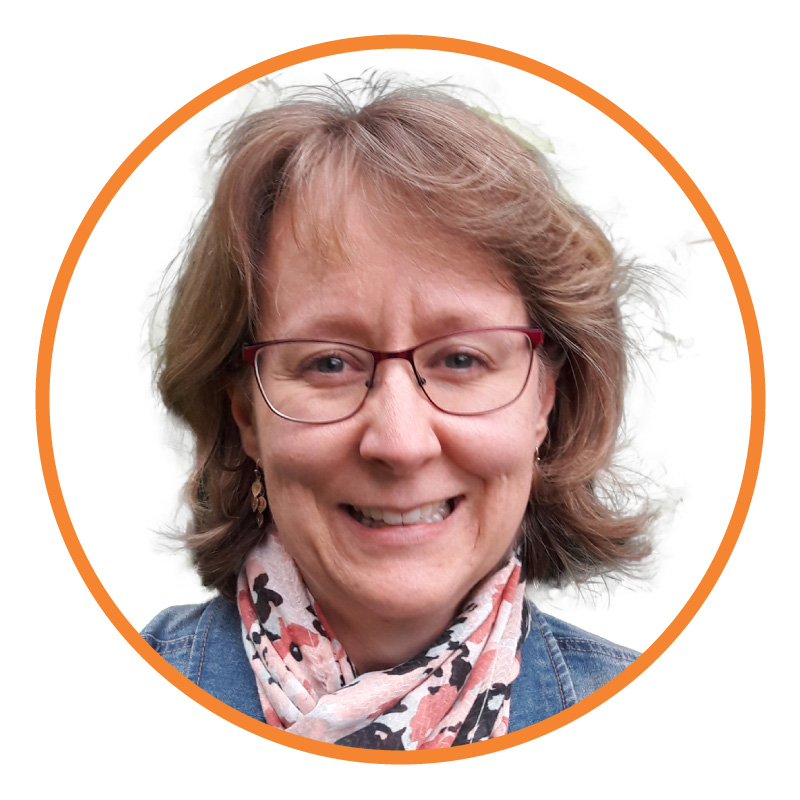
Dr. Laurence LUTTERI
Dr. Laurence Lutteri has a master in pharmacy and a specialization in laboratory medicine.
She heads the auto-immunity and specialized biochemistry laboratories in the department of clinical chemistry at the University Hospital of Liège.
She collaborates in different projects about connective tissue diseases with rheumatologists, with neurologists for the diagnosis of multiple sclerosis and other inflammatory diseases and also with hematologists for the diagnosis and the follow-up of monoclonal gammopathies.
Immunofluorescence, Elisa, immunodots,…are the different methods used in her auto-immunity laboratory and electrophoresis, immunofixation, turbidimetry, nephelometry and a lot of different manual techniques in the biochemistry laboratory.
Abstract of talk
Various techniques are used in clinical biology laboratories to diagnose inflammatory diseases of the central nervous system (CNS). Detection of cerebrospinal fluid (CSF)-restricted oligoclonal bands (OCB) has been used for many years to diagnose multiple sclerosis. More recently, determination of kappa free light chains in CSF/serum has been developed and offers some advantages : fast, reliable, rater-independent, quantitative results – over OCB technique.
In the differential diagnosis of demyelinating disorders of the CNS, the laboratory’s first-line tests are antibodies targeting aquaporin-4 (AQP4) and anti-myelin oligodendrocyte glycoprotein (MOG) autoantibodies on transfected cells (fixed Cell Based Assays (CBA)). In the event of clinically inconsistent results, flow cytometric analysis (live CBA) would show better performance.
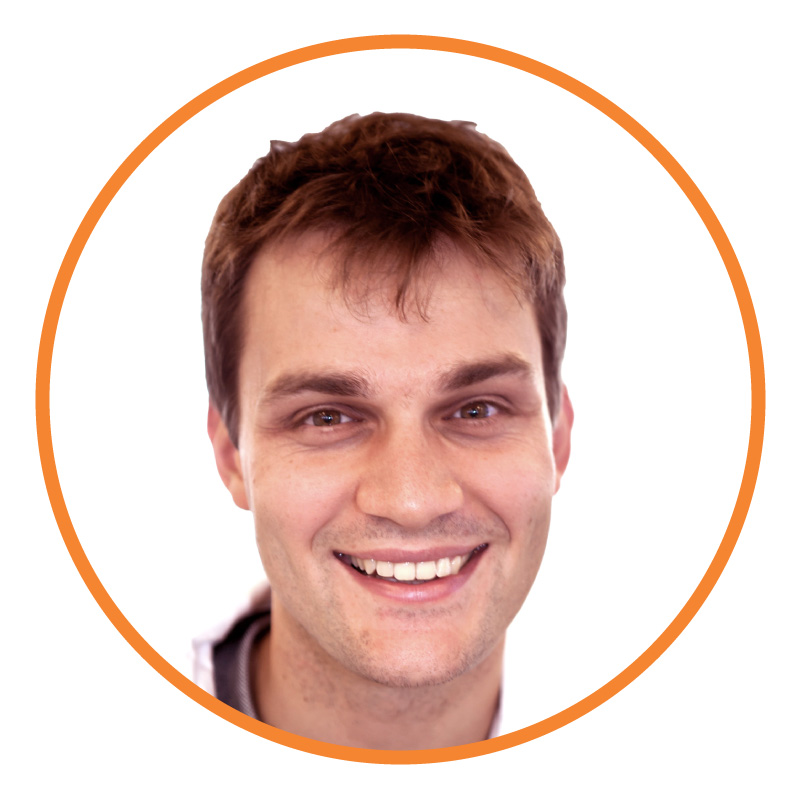
Dr. Matthijs OYAERT
Dr. Matthijs Oyaert graduated as a master in drug development (pharmacy) in 2011 and master in clinical biology in 2016 at the KU Leuven and started working as a clinical biologist at the clinical laboratory of the Ghent University hospital. In the laboratory of clinical chemistry and hematology, he is responsible for a broad variety of (automated) routine clinical chemistry and immunochemistry tests and urinary test strip and particle analysis. In addition, he is involved in the laboratory diagnosis of auto-immune and neuroinflammatory diseases.
During the first years, he obtained his PhD in 2021 entitled “New developments in the laboratory diagnosis of urinary tract pathology” at the Ghent University. Besides his activity in the Sciensano expert group of TDM, chemistry and immunochemistry and member of the European Federation of Laboratory Medicine (EFLM), he is an active Member of the current Royal Belgian Society of Laboratory Medicine (RBSLM) board.
Since 2021, he is involved in the EFLM Task and Finish Group on Urinalysis under the supervision of Prof. Dr. Timo Kouri.
Abstract of talk
Over the last decade, knowledge of antibodies linked to inflammatory disorders of the central nervous system, including forms of neuromyelitis optica (NMO) spectrum disorders, acute disseminated encephalomyelitis (ADEM), optic neuritis and transverse myelitis, has significantly reshaped the landscape of the diagnosis and clinical care. Notably, highly specific antibody assays have become an integral part of clinical decision making and include antibodies directed against the aquaporin-4 and anti–myelin oligodendrocyte glycoprotein (MOG).
Various assays have been developed to identify and quantify anti-MOG. First generation assays, including enzyme-linked immunosorbent assays (ELISA) and western blots, are characterized by a poor sensitivity and specificity. To tackle this disadvantage, during the past 10 years, cell-based assays (CBA) in which the recombinant antigen is expressed in its natural confirmation have been developed. Immunofluorescence or flow cytometry is subsequently employed to visualize and quantify antibody binding. Both live and fixed cell CBAs are utilized, offering enhanced sensitivity and specificity. Moreover, techniques such as immunoprecipitation provide complementary means for MOG antibody detection, allowing for confirmation and characterization of MOG antibody subtypes. The selection of an appropriate assay depends on the diagnostic performance, as well as the laboratory’s technical capabilities.
During this presentation, the different assays for the detection of anti-NMO and anti-MOG antibodies will be discussed, including their performance in the different patient populations. Although a lot of progress has already been made in the development, further efforts need to be undertaken to standardize the different assays.
This valuable learning experience is made possible through the generous support of our sponsors, whom we sincerely thank. It’s important to note that while our sponsors contribute to the success of the event, they have no involvement or influence on the learning content itself. We remain committed to providing an unbiased and enriching educational experience for all participants.
Platinum

Gold
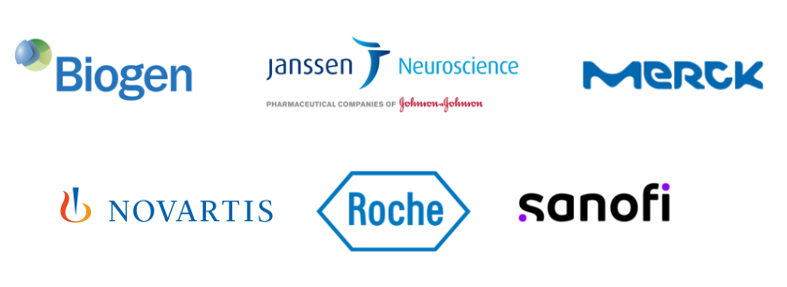
- FAQ
- Sponsored breakout
- Locations
- When and where is the event taking place?
- The first edition of the ParadigMS Belgian Symposium will take place on Thursday, 7th of March 2024 at Dolce La Hulpe Hotel in La Hulpe. The second edition of the ParadigMS Belgian Symposium will take place on Thursday, 28th of March 2024 at Van der Valk Hotel in Ghent.
- How can I register for the event?
- Simply click on REGISTER button you can see above this section and then select your preferred event session and sponsored break-out session.
- Is there a registration fee?
- No, this learning experience is offered for free to neurologists across Belgium, Luxembourg and the Netherlands thanks to the support of the sponsors. Registration is mandatory and seats are limited.
- Will there be any networking opportunities?
- The seated dinner environment will offer plenty of networking opportunities, in addition to the Welcome drinks and Desert networking.
- Will there be a sponsor breakout?
- Yes, please refer to the programme for more details.
- Are there any accommodations nearby?
- Both venues, located within hotels, offer convenient accommodation options for participants.
- Is there parking available at the venue?
- Both venues provide free parking for participants. Please check the Location tab.
- Can I bring a guest?
- You can register up to 5 persons per session, if they are also healthcare professionals with a focus on neurology.
- How can I get updates or notifications about the event?
- Stay connected with all updates and news by subscribing to the ParadigMS Foundation webpage: https://paradigms.foundation/
- Is there a dress code for the event?
- We recommend wearing smart casual attire.
- Will there be food and beverages provided?
- Yes, we provide a three-course dinner with a variety of drinks.
- What if I need to cancel my registration?
- If you need to cancel your registration, please send a message to learning@paradigms.foundation.
- How can I become a sponsor of the event?
- If you wish to become a sponsor of this event, please send a message to learning@paradigms.foundation.
- Who can I contact for additional information?
- If you have any questions or need further information about either of the two learning experiences, please feel free to reach out to us at learning@paradigms.foundation.
- What if organisers need to cancel the event?
- The Symposium is organised by LAUREA Group BV in collaboration with ParadigMS Foundation. The organiser reserves the right to cancel the event at any time due to unforeseen circumstances. In that case, registrants will be notified by email and no compensation can be claimed.
- Will this symposium be live streamed?
- No, the two live sessions of the Symposium are not live streamed and available only for onsite participants.
- Whom can register for one of the sessions?
- The Symposium is open for neurologists, residents and neuroscience nurses from Belgium, Luxembourg and the Netherlands. If you do not fall within this category, please ask for prior approval to the ParadigMS secretariat before registering. If you register without prior approval and are not within the welcomed categories, the organisers reserve the right to cancel your registration. In case of cancellation, you will be notified. You can contact us via learning@paradigms.foundation.
- Can I join both the session in La Hulpe and in Ghent?
- No, in principle it is not allowed to join both sessions. Please note that both sessions have a very similar programme and are organised in a different language. Should you wish to join both sessions, please contact us prior to your registration. In case of cancellation, you will be notified. You can contact us via learning@paradigms.foundation.
- Will there be a written report from the sessions?
- Yes, the ParadigMS Secretariat is planning to have a medical writer on site who will be tasked with producing a written report from both sessions.
- Will any of the sessions be recorded on video for later viewing?
- Yes, the keynote of Prof. Marignier in Ghent will be video and audio recorded and will be made available on ParadigMS.foundation. You will need to create a Member account to have access to the recording (conditions to join as a member apply).
Keynote
‘Precision medicine: targeting complement in the prevention of NMOSD relapses‘
Abstract of talk
Data presented at the meeting will feature insights from Alexion’s complement portfolio illustrating the critical role of C5 inhibition in treating AQP4 Ab+ NMOSD and significantly reducing the risk of relapses, including data from the phase III trial with the long-acting C5 complement inhibitor ravulizumab.
Speakers
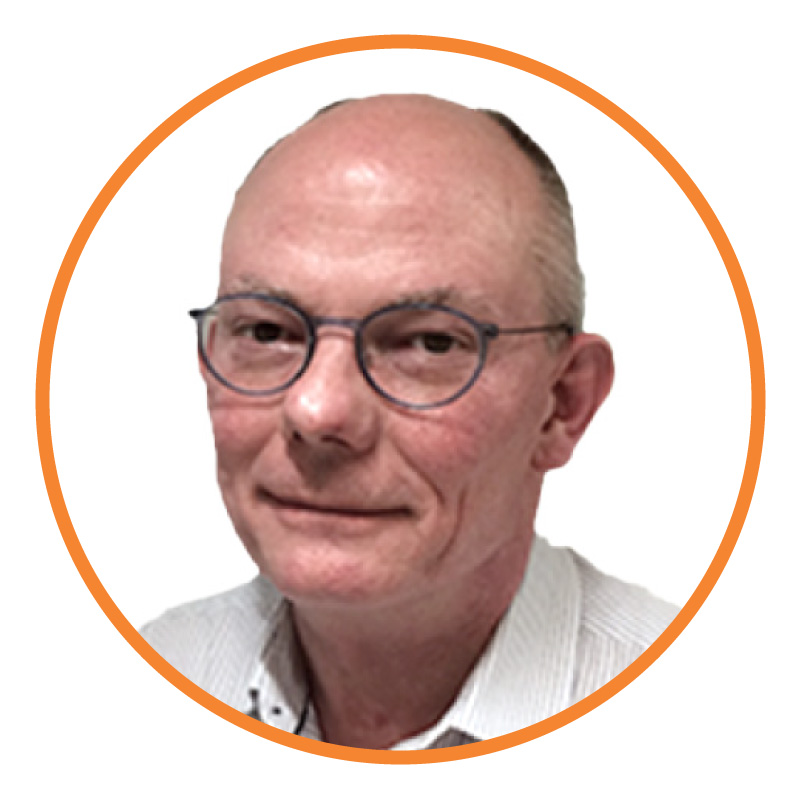
Prof. Dr. Dominique Dive from CHU Liège
March 7th, La Hulpe, 18:15-18:45 CET
Prof. Dr. Dominique Dive has been working on dysimmune diseases of the central nervous system for more than 30 years; it was the development of evoked potentials that led him to focus on multiple sclerosis, and particularly paediatric multiple sclerosis. He is a member of several national and international associations.
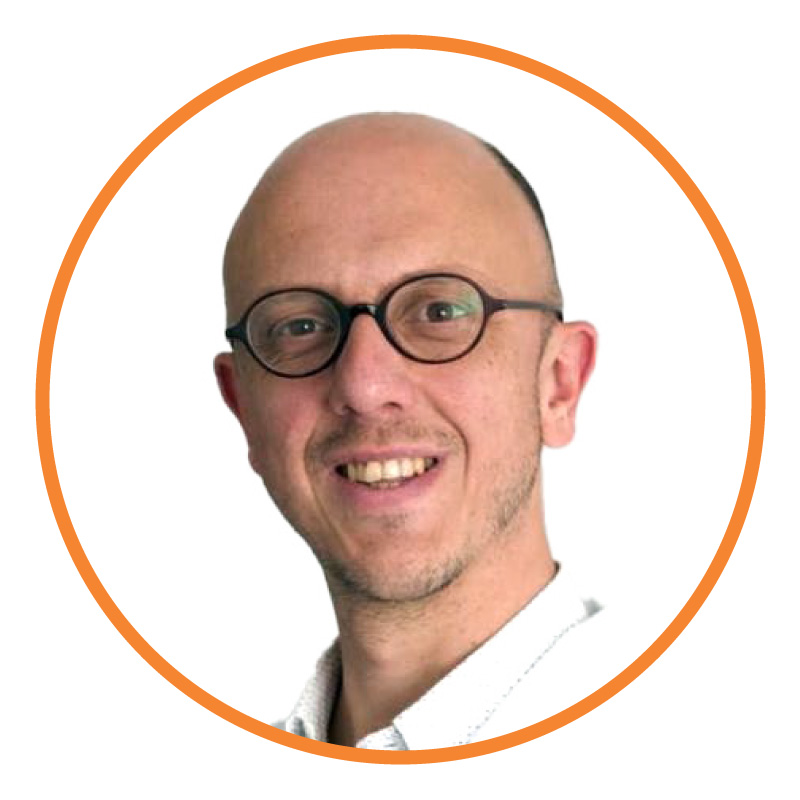
Prof. Dr. Guy Laureys from UZ Gent
March 28th, Ghent, 18:15-18:45 CET
Prof. Dr. Guy Laureys is the head of the neuroinflammatory care unit at the UZ Ghent Department of neurology. As such he is involved in research, education and treatment of neuroinflammatory disorders. As a member of the ERN-RITA the neuroinflammatory care unit is a reference centre for rare neuroimmunological disorders such as NMO, MOGAD, Susac and autoimmune encephalitis.
Practicalities
Before joining the sponsored breakout session, please stop by the Welcome and Registration desk to collect your badge. You will be guided to the breakout room reserved for each session.
ParadigMS Ninth Belgian Symposium – 1st edition, March 7, 2024
Location: Dolce by Wyndham La Hulpe Brussels
Address: Chau. de Bruxelles 135, 1310 La Hulpe
Parking: Participants can park for free at Dolce La Hulpe Hotel’s two parking spaces (P1 – charging stations available, and P2), and then use the hotel main entrance (the blue bubble in the picture).
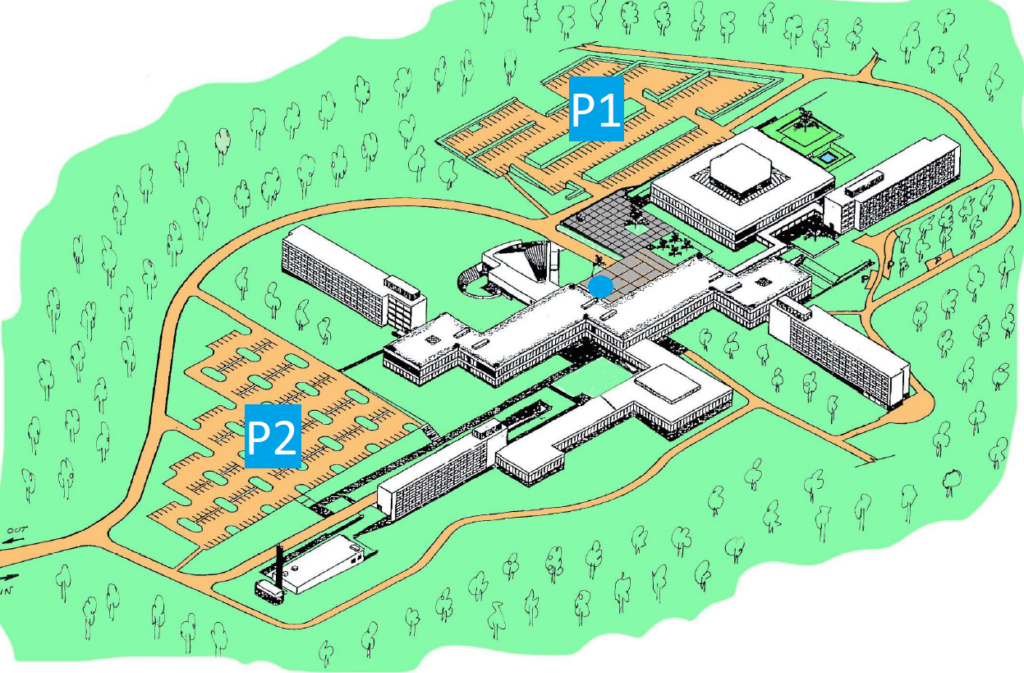
Registration and welcome desk: Participants can collect their badges at the Registration and Welcome desk, located right after the main entrance.
ParadigMS Ninth Belgian Symposium – 2nd edition, March 28, 2024
Location: Van der Valk Hotel Gent
Address: Akkerhage 10, 9000 Gent
Parking: Participants can park for free at Van der Valk Hotel Gent’s underground parking spaces (H1, with parking ticket), above-ground parking spaces (H2, with parking ticket) but also in a second parking lot, namely the Springpress parking lot, which is the building opposite the hotel (H3, no parking ticket).
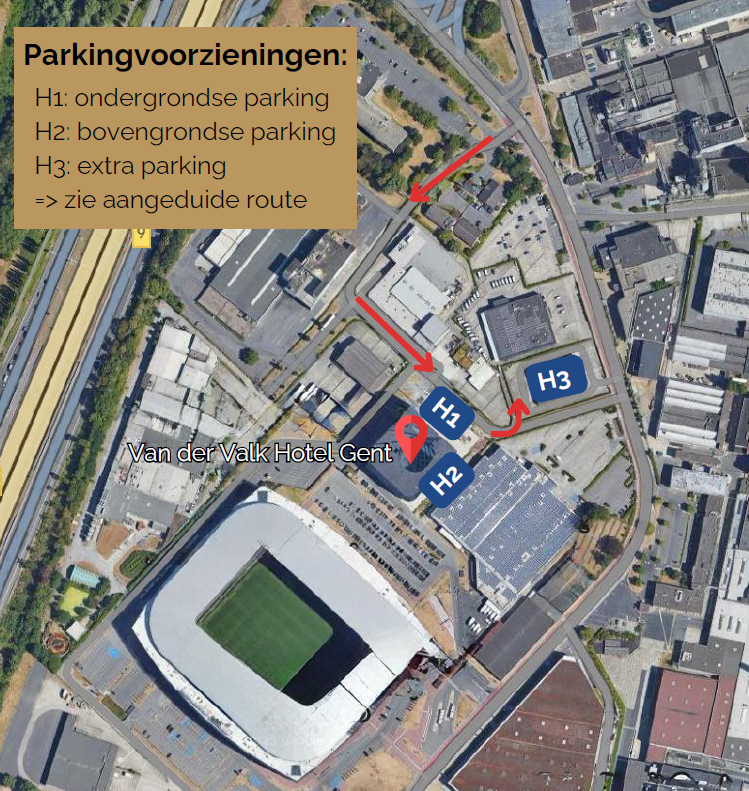
Entrance: Please use the main entrance and ascend the centrally located circular staircase to reach the first floor, where the symposium takes place.
Registration and welcome desk: Upon reaching the first floor, kindly stop to acquire your badge from our registration and welcome desk.
